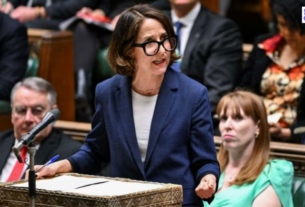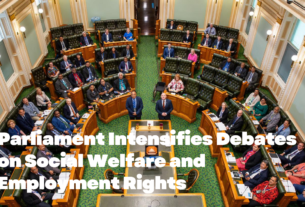In a historic political shift, Germany is set to embark on a new chapter as Friedrich Merz prepares to assume the role of Chancellor. Following extensive coalition talks, Merz’s Christian Democratic Union (CDU) and the Social Democratic Party (SPD) have formalized a governing pact, marking the end of months of negotiations that reshaped the nation’s political trajectory. The deal was confirmed on May 5, 2025, and paves the way for Merz to lead the country through an era marked by complex economic and geopolitical tensions. His leadership comes at a time when Germany and Europe face significant challenges, particularly in light of Russia’s ongoing invasion of Ukraine and the lasting ripple effects of U.S. foreign policy under President Trump.
Merz, stepping into the shoes of former Chancellor Angela Merkel, will inherit a fragile political landscape. Merkel’s legacy of pragmatism and steady leadership has set a high bar for her successor. However, the challenges facing the new government are formidable. Germany, Europe’s largest economy, is grappling with stagnation in growth, rising inflation, and unprecedented energy concerns triggered by the war in Ukraine. The protracted conflict has severely disrupted global supply chains, particularly in energy markets. Germany, once heavily reliant on Russian energy imports, now faces the dual task of diversifying its energy sources while managing soaring energy prices that have placed strain on households and businesses alike.
The primary focus of Merz’s administration will be revitalizing Germany’s economy. Analysts predict that his government will prioritize a combination of digitalization, green energy innovation, and economic reform aimed at reinvigorating both local industries and Germany’s competitive edge within the European Union (EU). There is also an urgent need to bolster the country’s defense capabilities, as the threat posed by Russia looms large over the European continent. Merz has pledged to increase defense spending in accordance with NATO requirements, which may further complicate Germany’s fiscal landscape.




